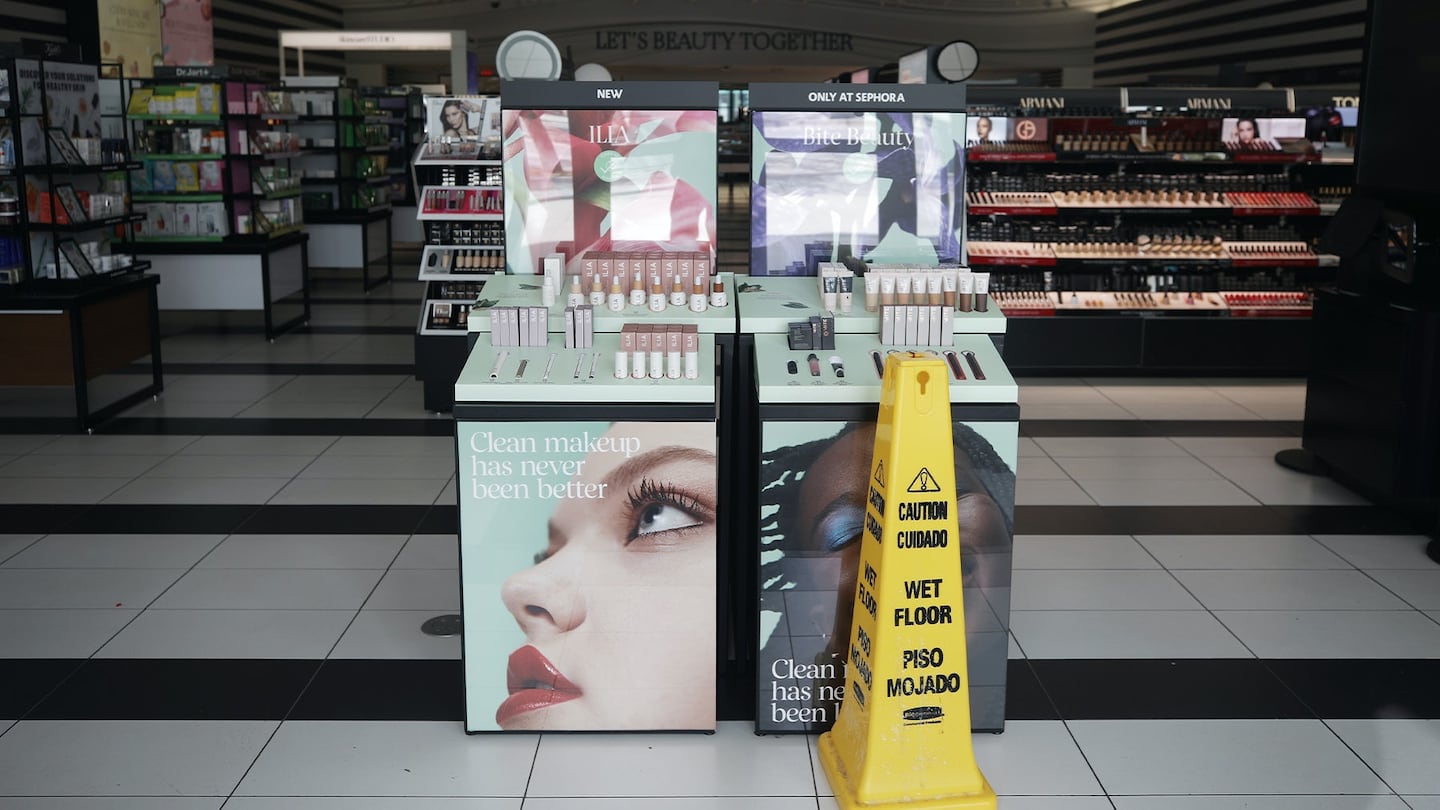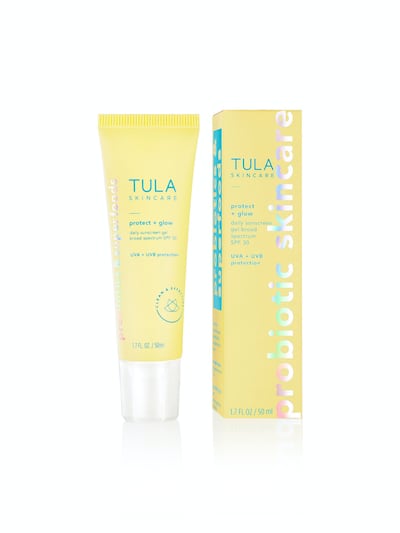
The Business of Fashion
Agenda-setting intelligence, analysis and advice for the global fashion community.

Agenda-setting intelligence, analysis and advice for the global fashion community.

Welcome to BoF's Beauty Newsletter, featuring members-only analysis and the week's top news from the front lines of the global beauty business. Subscribe here.
NEW YORK, United States — In fashion, start-ups like Allbirds and Everlane brag about cutting out the middleman — wholesale retailers, mainly — and passing along the savings to customers. Beauty brands tend to take the opposite approach: Versed, a clean skin-care line promising premium ingredients at affordable prices, launched at Target. Even Kylie Jenner turned to Ulta Beauty when she wanted to scale her cosmetics empire.
But with most Sephora and Ulta locations entering their third month in lockdown, direct-to-consumer retail is looking better and better.
Consumers are still buying beauty, grooming and wellness products, even if they're prepping their skin for Zoom calls instead of trips to the office. Many brands have reported surging online sales, as millions of people invest in self-care, lathering on new creams, oils and masks in hopes of achieving a glowing post-quarantine complexion.
ADVERTISEMENT
Brands that already had a strong e-commerce operation — or better yet, got their start online — are well-positioned to win new customers who are still under quarantine, or aren't ready to venture back into stores even after lockdowns lift. The Nue Co., for example, saw such a spike in online sales that it was able to increase orders from its suppliers, reducing costs. The brand then cut prices for a top-selling product by 40 percent to try to keep the boom going.
But where does that leave everyone else? Having an e-commerce presence today is non-negotiable, but many legacy beauty brands focused on building department and speciality store businesses. There was less focus on optimising their own digital platforms, from logistics, operations and fulfilment to marketing and actually getting people on-site.
“We are seeing a lot of the big players seeing a huge increase on their [direct-to-consumer] sides, and they weren’t necessarily prepped for that,” said Till Dudler, managing director of Accenture’s consumer goods and services practice.

Tula sunscreen | Source: Courtesy
Can brands with heavy wholesale distribution pivot their strategies fast enough to retain their customers? And for those with strong direct businesses already, are their relationships with customers enough to offset losses from store closures? Is growth possible for anyone besides Peloton right now?
Savannah Sachs, chief executive of skin-care label Tula, thinks so. Sales on the brand's own website shot up by 500 percent in April compared with a year earlier, helping make up for sales lost during the lockdown. Tula's own e-commerce operation makes up over half of sales, with the rest coming from Ulta, Nordstrom, QVC and Amazon. The brand continued to invest in growing its own e-commerce business, even as it added retail partners with the scale of Nordstrom or Ulta. This ensured that neither channel overpowered the other.
“Because DTC is so far up, we have been able to hit our original targets,” Sachs said. “Given DTC retail pricing, versus wholesale revenue, you have to sell significantly fewer units online to make up the shortfall.”
Tula is relying more on influencers by partnering up with over 400 creators to sell products, including (of all things to launch during a quarantine) a new sunscreen that came out last month.
ADVERTISEMENT
Before the pandemic, Peach and Lily Founder Alicia Yoon said about half of sales were direct, with Ulta Beauty, CVS and Target making up the rest.
Peach and Lily started as an online, multi-brand K-beauty retailer which has since started its own brands Peach and Lily, a prestige skincare range, and Peach Slices, a lower-priced label (the site still sells third party lines). Having a presence in leading retailers helped Yoon scale her labels initially, but a focus on direct channels is helping to insulate the company now.
Yoon’s e-commerce site is driving the majority of sales now – and the channel continues to grow. Over 65 percent of revenue from Peach and Lily’s website last year came from repeat purchases.
“You need to be digitally strong,” said Yoon. “You have to have both.”
THIS WEEK IN BEAUTY
Coty's professional business has a buyer. KKR bought a majority stake in the division that includes brands like Wella, Clairol and OPI.
Leonard Lauder wrote a book. Ahead of a November release, Estée Lauder Companies' chairman emeritus' "The Company I Keep: My Life In Beauty" is available for pre-sale.
Consumers still bought Mother's Day gifts. Some brands saw meaningful sales lifts in the days and weeks leading up to Mother's Day.
ADVERTISEMENT
At-home treatments continue to grow. Searches for "tanning oil" increased by almost 12,000 percent between February and March.
Grace Coddington's hair takes a lot of upkeep. The former Vogue editor, who visited her colourist for root touch-ups every 10 days, has turned to Colour Wow's £28.50 root cover-up powder.
"Community-driven" brands are seeing increases during the pandemic. Glossier popularised "community" as a buzzword and skincare line Versed, which saw an 85 percent lift in sales last month, is following in its footsteps.
Sustainability is still a priority for brands. For beauty labels, the legacy of the coronavirus could be an emphasis on the "reduce" element of "reduce, reuse, recycle."
TikTok has birthed beauty trends with very little staying power. Despite this reality, labels are increasingly using sweet treats like glazed donuts, jelly and gummy bears to sell their products to Gen-Z shoppers.
This month, BoF Careers provides essential sector insights to help beauty professionals decode the industry’s creative landscape.
The skincare-to-smoothie pipeline arrives.
Puig and Space NK are cashing in on their ability to tap the growth of hot new products, while L’Occitane, Olaplex and The Estée Lauder Companies are discovering how quickly the shine can come off even the biggest brands.